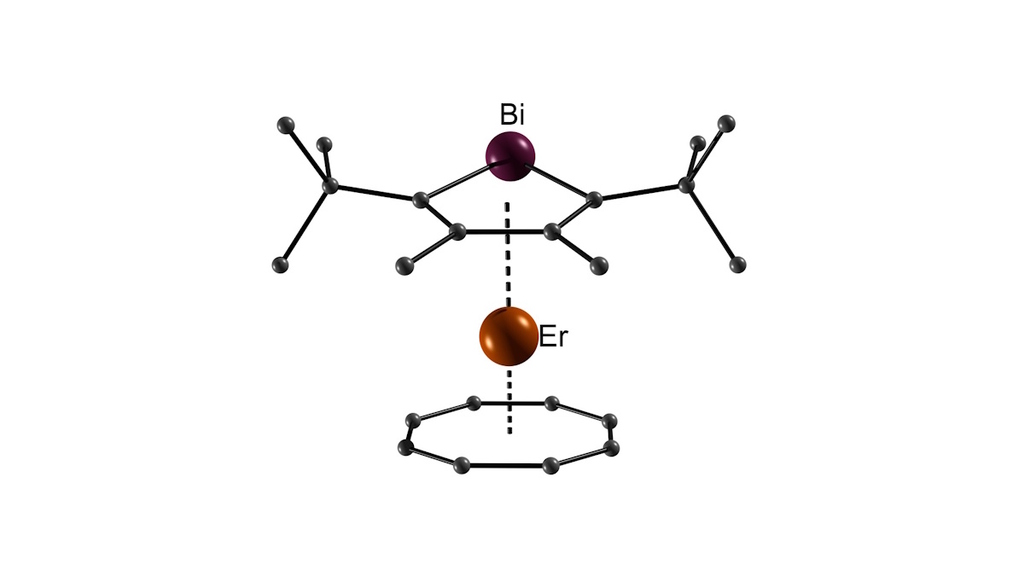
The Leopoldina originated in 1652 as a classical scholarly society and now has 1,700 members from almost all branches of science. In 2008, the Leopoldina was appointed as the German National Academy of Sciences and, in this capacity, was invested with two major objectives: representing the German scientific community internationally, and providing policymakers and the public with science-based advice.

On 14 May 2025, the European Chemical Society (EuChemS) held an event on Rare Earth Elements (REEs), a topic of growing strategic importance for Europe. The event included a morning session at the European Parliament and an afternoon session at the EuChemS office, bringing together scientists, policymakers, and industry experts to address REE availability, criticality, and sustainability.
This event was part of EuChemS’ ongoing series dedicated to individual chemical elements, from the EuChemS Table of Chemical Elements, which highlights each element’s availability and sustainability challenges.
learn more
Founded in 1909, the Heidelberg Academy of Sciences and Humanities is the State Academy of Sciences and Humanities of Baden-Württemberg.

Quantum information technologies are innovations in modern data storage and processing that are based on quantum effects. Materials that are suitable for such applications must have certain magnetic properties, among other things. Researchers at the Karlsruhe Institute of Technology (KIT), together with partners, have now presented new chemical compounds that meet these requirements in the Journal Nature Communications.
learn more
Peter Roesky, Karlsruhe Insitute of Technology (KIT), Germany, has received the Marianne Baudler Award 2024 from the Gesellschaft Deutscher Chemiker (GDCh, German Chemical Society). The award honors outstanding scientific work in the field of inorganic chemistry and is endowed with EUR 7,500. It was presented at the Conference on Inorganic Chemistry of the Divisions of Solid-state Chemistry & Materials Research and Wöhler Association for Inorganic Chemistry in Munich on September 16, 2024.
learn more
Readers of Chemistry & Engineering News (C&EN) elected strontium cyclocene as “standout molecule of 2023“.
In their quest for determining this year’s “most curious, wondrous, and just plain neat molecules“ their choice fell on this new type of supersize sandwich complex created by the groups of F. Weigend, M. Kappes and P. Roesky within the framework of CRC 1573 by coaxing 18 metallocene units to curve into a nanometer-scale ring (a “cyclocene“, cf. Nature paper).
learn more
Sandwich compounds are special chemical compounds used as basic building blocks in organometallic chemistry. So far, their structure has always been linear. Recently, researchers of Karlsruhe Institute of Technology (KIT) and the University of Marburg were the first to make stacked sandwich complexes form a nano-sized ring. Physical and other properties of these cyclocene structures will now be further investigated. The researchers report their findings in Nature.
learn more
April 2023
The employers' association Südwestmetall honored nine young scientists from Baden-Württemberg's state universities for their outstanding scientific work of particular significance for the industrial working world and its sociopolitical framework.
learn more
2022
Peter Roesky was selected by the Alexander von Humboldt-Foundation as Henriette Herz-Scout.
2023
Position available
Within the Henriette Herz-Scouting-Programm of the Alexander-von Humboldt Foundation there is currently one postdoc position vacant for two years in the Roesky labs.
learn more

We are proud that SFB 1573 "4f for Future" has been approved and we look very much forward to the exciting research that is on our agenda.
November 2022
learn more
Peter W. Roesky won the 2022 Frank H. Spedding Award in recognition of excellence and achievement in research centered on the science and technology of rare earths.
June 2022
learn more